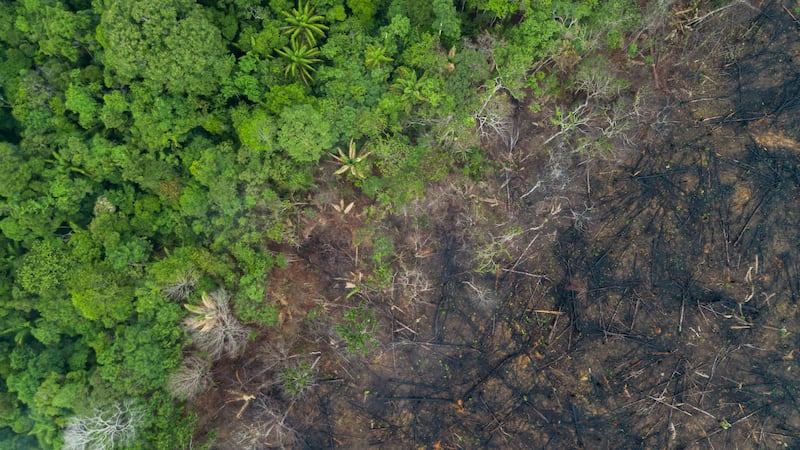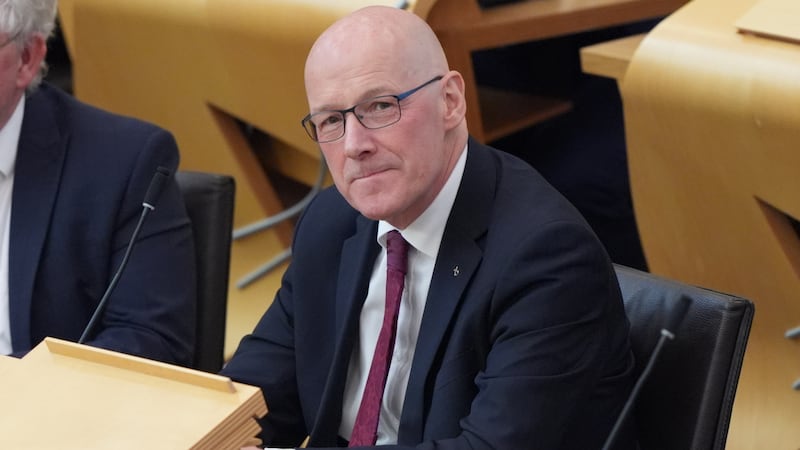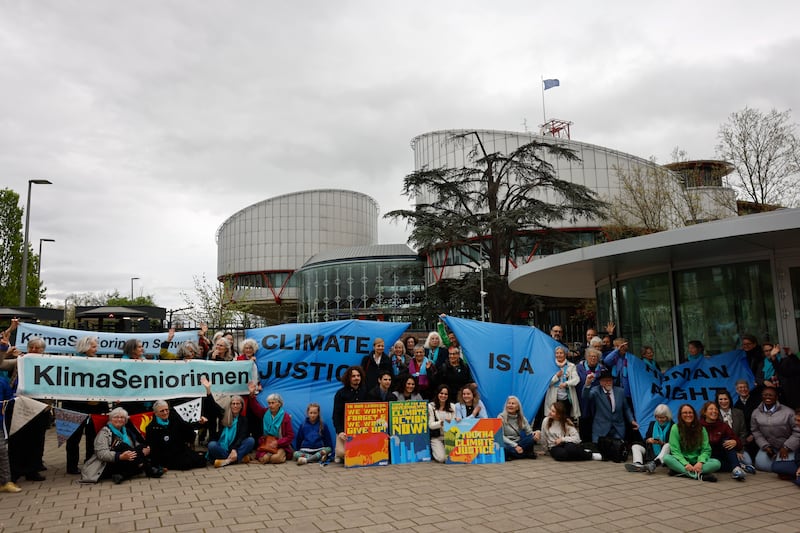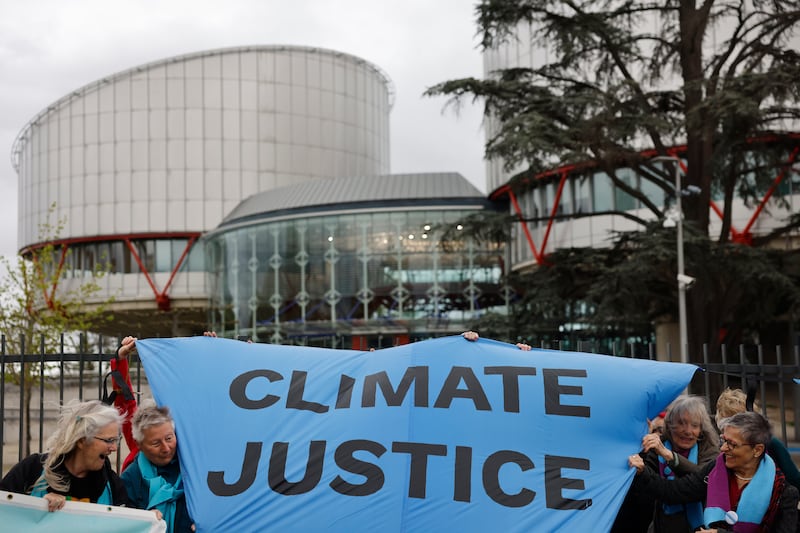The UK is failing to show leadership to tackle deforestation as the rate of global forest loss accelerated last year, according to an international group of experts.
The 2023 Forest Declaration Assessment, which looks at the state of global deforestation each year, found that it accelerated in 2022 as businesses and governments failed to turn commitments into meaningful action.
The report revealed global forest loss last year was 6.6 million hectares while tropical forest loss was 4.1 million hectares – an area the size of Denmark.
The authors said this comes as a major setback after 2021 saw a 6% fall in deforestation.
The total 2022 loss is also 21% higher than it should have been to be on track to meet the Cop26 target agreed in Glasgow to halt and reverse deforestation by 2030.
Erin Matson, senior consultant at Climate Focus, said: “That 2030 goal is not just ‘nice to have’. It’s essential for maintaining a liveable climate for humanity.”
The report was launched on Tuesday alongside another paper from the World Wide Fund for Nature (WWF), which has outlined recommendations on how the UK, and more widely the world, can get back on track to meet the 2030 target.
Analysis from the reports suggests at least 100 times more public funding has gone towards environmentally harmful subsidies (378 billion dollars – 1 trillion dollars per year) than on finance for forests (2.2bn dollars per year).
“If you look at what we invest in, we are investing in activities that are harmful for forests at far higher rates than we are investing in activities that are beneficial for forests,” Ms Matson said.
“We can’t afford the consequences to human health and well-being to our economy and prosperity, if we continue to lose forests at this rate.”
WWF is calling for an end to global subsidies that create economic incentive to continue cutting down forests as well as an overhaul of international trade systems and supply chains.
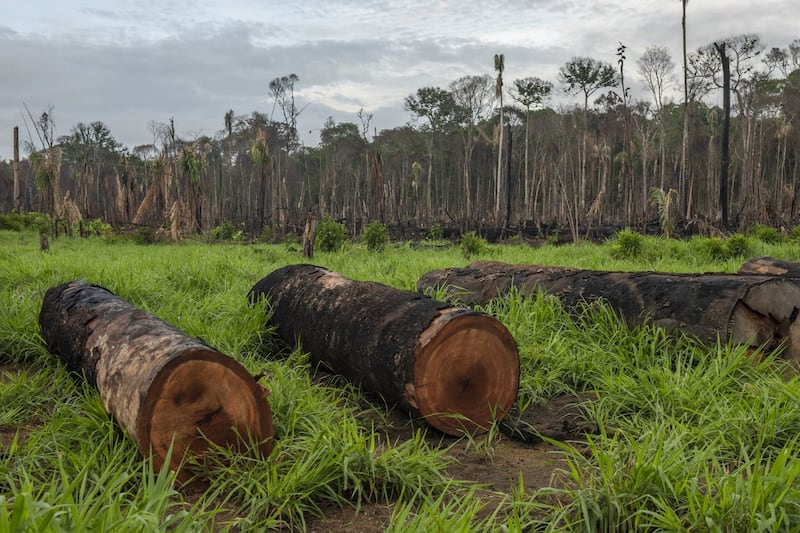
It also urged governments to accelerate the recognition of land rights to Indigenous peoples and make the shift towards nature-based economies.
Mike Barrett, executive director for science and conservation at WWF UK, said: “We’ve had years of promises and targets from governments and corporates to end deforestation.
“But deforestation continues and it’s a catastrophe for the billions of people that rely on forests for their livelihoods and for all of us who want to avoid runaway climate change.
“We are kidding ourselves if we think that business as usual is going to address the challenge.”
He added: “Change is needed now and the action has to be immediate.
“The recommendations are clear. They can be actioned now and the only missing thing at the moment is the political will to act.”
In terms of UK action, the WWF’s Forest Pathways Report calls on the Government to expand the due diligence system to include legal as well as illegal deforestation.
Ministers are being urged to extend due diligence obligations to the financial services sector, which lends to or invests in industries linked to deforestation.
Other demands include establishing a due diligence system that cuts deforestation out of supply chains – a measure that has yet to be enacted despite its inclusion in the Environment Act 2021.
The Government is also being urged to introduce deforestation standards for all food sold and imported into the UK and to rethink the targeting of Britain’s international funding commitments on climate and nature.
Mr Barrett said: “What we fundamentally need is a redistribution of accountability so that importing countries like the UK are held more responsible for the harm that we cause to forests through the supply chains of goods that we import.
“Deforestation has remained a profitable business and it’s time to call a halt to that when we have only seven years left to meet those 2030 targets,” he added.
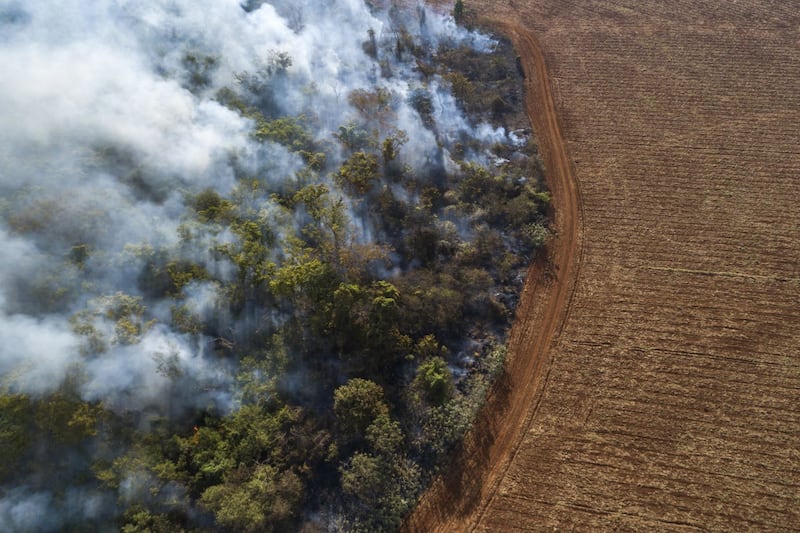
Mr Barrett said the UK’s investment of £3 billion from the International Climate Fund for protecting nature is “rendered entirely pointless” as the economy drives deforestation abroad through investment and trade.
“Since Glasgow, since the Environment Act passed through Parliament, the UK has failed to show leadership,” he said.
“It has not excluded deforestation commodities from our supply chains and investments.
“And in the meantime, as these reports show, millions of hectares more forests are being lost.
“This is not a crisis that we can afford to fix in the future. It’s a crisis now – it needs fixing now.”
A Department for Environment, Food and Rural Affairs spokesperson said: “Our Environment Act includes world-leading due diligence legislation to help tackle illegal deforestation in UK supply chains.
“Our approach will reinforce the efforts of governments in producer countries to ensure sustainable forest and land use, while we will continue to work closely with local governments and businesses to promote legal agriculture.”
